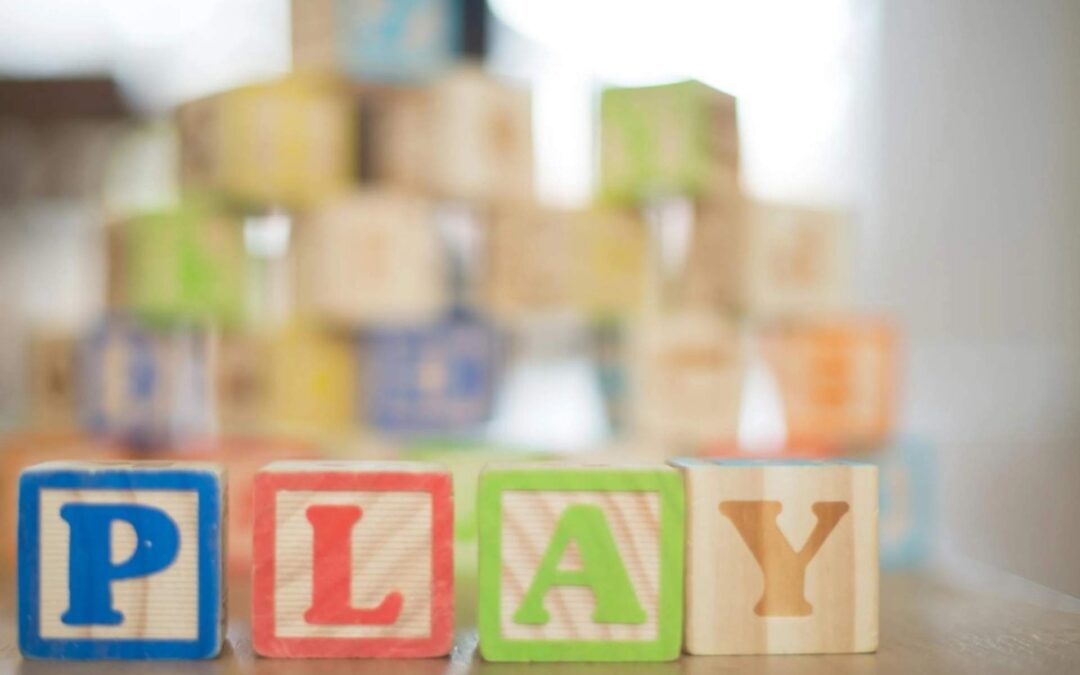If you are interested in getting your child started in therapy, then this article is a must read! For many children, asking them to engage in talk therapy is simply unrealistic. Developmentally, many children do not have the ability to verbally express their emotions and experiences. Often times if they are acting out, they don’t know why. Although play therapy can be utilized for any age, the ideal play therapy candidate is ages 3-10. However, sometimes play therapy can be more developmentally appropriate for older children. Play therapy can help a variety of emotional and behavioral problems.
Play therapy is a modality of therapy that uses play to help children express their thoughts and feelings. Play is children’s natural medium of expression. The toys are the child’s words and play is their language! In a world where screen time prevails, we forget how beneficial it is to engage in tangible hands-on play.
Play therapy allows children to work through what they need to on their own time. Just like in talk therapy, it can take time to build trust in the therapeutic relationship. It is important to have patience and trust the therapeutic process. Children have the inherent ability to grow when given the environment and support. In play therapy, the therapist provides carefully selected play materials and works to facilitate a safe relationship for the child to express their thoughts, experiences, emotions, and behaviors through play.
Play therapy looks different than playing at home. In play therapy, the child has the therapist’s full undivided attention, which unfortunately rarely happens in the real world. The therapist works to facilitate a relationship where the child feels accepted and understood. Even though play can be fun, it can also be hard work, similar to how talk therapy can feel challenging and emotional at times.
The Association for Play Therapy defines play therapy as “the systematic use of a theoretical model to establish an interpersonal process wherein trained play therapists use the therapeutic powers of play to help clients prevent or resolve psychosocial difficulties and achieve optimal growth and development.”
Through play, children attempt to organize their experience. Play therapy facilitates decision-making skills, communication skills, and problem-solving skills. Through play therapy, children are able to practice regulating their emotions and behaviors in a safe space. It can also help your child build self-esteem and understand their feelings. In play therapy, children can practice self-control, self-responsibility, and creativity. Play therapy can also improve relationships within the child’s life such as with parents, siblings, and teachers!
Play therapy is an evidence-based intervention with lots of research on its efficacy. If you are interested in seeking out research to learn more about play therapy and its outcomes, the Evidence-Based Child Therapy is a great website to browse.
Play therapy is a great modality for children in therapy but play therapy can be utilized with all ages. Engaging in play across the lifespan can be so therapeutic! Ask your therapist at Works Counseling Center about ways you could incorporate play therapy and other expressive arts into your sessions!
Resources:
https://www.a4pt.org/page/WhyPlayTherapy#:~:text=Mental%20health%20agencies%2C%20schools%2C%20hospitals,abandonment%2C%20and%20crisis%20and%20trauma”
https://cpt.unt.edu/what-is-play-therapy
https://cpt.unt.edu

